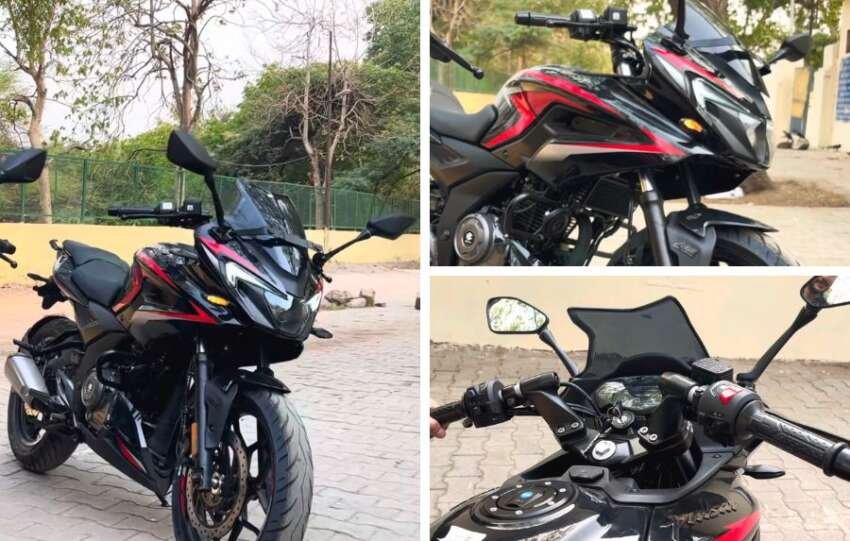In June 2020, the Insurance Regulatory and Development Authority of India (IRDAI) had made some major changes in the vehicle-related insurance policy norms. The body had decided to remove the mandatory long-term motor insurance packages that cover both own damages (OD) and third-party (TP) damages. This rule is effective from today onwards. The step will effectively minimize the on-road prices. Hence, buying a new car or bike has became cheaper now.

What's the New Rule?
With the implementation of this latest rule, the new vehicle owner will require to buy at least one-year compulsory third-party (TP) insurance. Additionally, buyers can also opt for own damages (OD) cover. It is important to note that this new insurance rule will be applicable only for those vehicles that will be purchased on or after August 1, 2020.
What was the rule earlier?
Earlier, by the order of the Supreme Court, it was mandatory to take a long term insurance policy for both four and two-wheelers. This includes third party insurance (3 years for cars and 5 years for scooter/bikes) and an on-damage cover of 1 to 5 years. In such circumstances, customers had to pay a very high price for the new vehicle. This rule came in effect from September 2018 and eventually now has ended.
What is Own-Damage Cover?
On-Damage (OD) covers your vehicle against the damage caused due to theft, accidents, and natural disaster. It compensates you for the expense to repair or replace parts of your car damaged in the accident. In some cases, it also covers the driver's death. However, it is subject to conditions.

What is third party insurance?
Unlike the own-damage policy, it covers the loss caused to the third party. For example, suppose you had an accident with another vehicle. In this case, the damage to your vehicle will be covered by an own-damage policy, while the damage to the other party caused by you, will be covered in third party insurance.
Why IRDAI did withdraw the long term insurance rule?
No one is untouched with the fact that the on-going COVID-19 pandemic has badly affected each and every sector economically. Many employees have lost their jobs, while some have been working with significantly decreased wages. All this has naturally turned into a drop in the purchasing power of the masses involved.
Even before, it was very difficult for buyers to pay such a huge cost of the insurance policy. Customers had also complained about the OD prices that were very high. Also, it was not regulated by IRDAI. The distribution of package policies has its own challenges due to affordability factors for a large section of vehicle owners.
Apart from the reasons mentioned above, the body also examinated these following issues/concerns before taking this decision:-

Claim bonus will be provided
As per the new rules, customers, whose long-term insurance policy is still valid, will be given a 'no claim bonus' at the end of the policy.
Author's Take
Removing this long term policy regulation was a right and necessary step, especially at a time when the economic state of people has deteriorated more than ever. The long term policy had its own merits and disadvantages. Its negative effects were mainly seen on entry-level cars/bikes, where buyers' restricted budget is the main factor. This situation was even more worse in the context of premium cars where the on-road price would sometimes go up to lakhs due to the long term policy.


